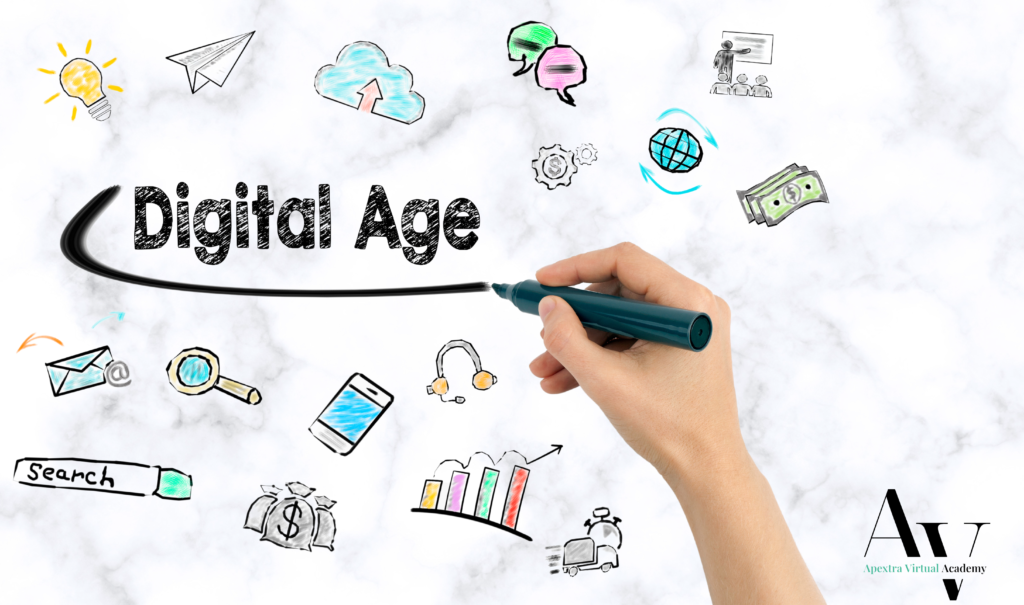
Imagine a classroom that exists beyond the four walls of a building, where students from remote villages in Tanzania have access to the same resources as those in urban centres, and teachers can work from anywhere, guiding learners through a digital interface. This vision of education is not some distant dream; it’s the emerging reality shaped by the rise of remote work and online learning. Across Africa, particularly in Tanzania, the future of education is being redefined by these trends, unlocking enormous potential for both learners and educators alike.
The Shift Toward Remote Learning
In recent years, the African continent has been experiencing a technological boom, with increased internet penetration and the spread of smartphones enabling more people to connect to the digital world. Yet, the COVID-19 pandemic accelerated the push toward remote education, forcing schools, universities, and training programs to adapt to online platforms.
In Tanzania, where education is often limited by geography and infrastructure, remote learning can bridge the gap between rural and urban students. Take, for instance, students in the rural regions of Dodoma or Iringa who may not have access to quality teachers or resources. With remote education, they could participate in online classes led by experienced teachers based in Dar es Salaam or even by international educators.
However, this shift is not without its challenges. While urban areas like Dar es Salaam are rapidly developing their digital infrastructure, many rural regions still struggle with inconsistent internet access and limited access to devices. Despite this, the opportunity for transformation is clear.
Relatable Story: Consider the story of Maria, a student in a small village in Tanzania who had always dreamed of pursuing higher education but was unable to due to the lack of resources and quality instruction in her village. With the introduction of remote learning platforms, Maria now attends live virtual classes and has access to a wealth of information through online textbooks and recorded lectures. What’s more, she no longer feels isolated in her education journey, as virtual communities allow her to connect with peers across the country and even globally. Maria’s story is emblematic of how remote learning can revolutionize education across Africa, breaking down barriers and creating equal opportunities.
Remote Teaching: Empowering Educators
The future of remote work in education isn’t just about students; it also holds transformative power for teachers. Remote teaching enables educators to reach students far beyond their local communities, offering them the flexibility to design their work-life balance while impacting a larger audience. For teachers in Tanzania, this shift could lead to more job opportunities, especially for those in underfunded schools or regions with fewer teaching positions.
Remote teaching also fosters global collaboration. Tanzanian teachers can work with educators across Africa or internationally to develop rich, diverse curricula, incorporating different perspectives that would otherwise be inaccessible. Moreover, teachers can access professional development opportunities, including global workshops and online certifications, improving their skills while continuing to work in their local context.
Relatable Story: Consider the case of Joseph, a Tanzanian teacher based in Arusha. Before the rise of remote teaching, Joseph’s work was limited to the students in his local school. However, with the adoption of online platforms, he now teaches students from across East Africa, working with a diverse range of learners. His teaching career has expanded beyond his immediate surroundings, and he’s part of an international network of educators collaborating on innovative teaching methods. Joseph’s experience highlights how remote work is reshaping the future of teaching in Tanzania and Africa.
Online Learning: A Lifelong Skill in the Digital Age

Beyond formal education, remote work in education opens up new pathways for lifelong learning, which is crucial for future career development. For Tanzanians and Africans in general, this shift enables access to courses, training programs, and certifications that are critical for thriving in the global economy. Whether it’s mastering digital literacy, learning a new language, or upskilling in areas like coding and project management, online education has the potential to significantly improve employability.
For example, in many African economies, remote work in sectors like IT, digital marketing, or project management is on the rise. As these industries expand, so does the need for skilled professionals. Remote learning allows Tanzanians and other Africans to upskill in these fields through certifications, courses, and training programs, empowering them to take part in the global digital economy.
Platforms such as Coursera, edX, and local initiatives are making this possible. Furthermore, initiatives like Tanzania’s government-backed National ICT Broadband Backbone (NICTBB) provide the digital infrastructure needed to support these advancements. The accessibility of affordable mobile data plans and online courses offers more people a chance to acquire skills that previously seemed out of reach.
Innovative Learning Models in Africa
Several African-based online learning platforms are also stepping up to address these professional gaps. Platforms like Ukwenza and Moringa School offer tech-based courses tailored to the African context, ensuring that learners are gaining relevant skills for both local and international markets. This has helped open doors for African professionals to remote job opportunities globally, leveling the playing field in the tech world. Making headway in implementing somewhat similar learning models, though each differs in merit and approach, are Tanzanian platforms like Silabu and Shule Direct.
Relatable Story: Juma, a young professional from Mwanza, lost his job during the pandemic. Instead of losing hope, Juma enrolled in online courses that taught him digital marketing—a skill in high demand globally. Today, Juma works remotely for a South African firm while continuing to live in Tanzania. He attributes his new career to the accessibility of online learning, which allowed him to reinvent himself during a challenging time. This is the future of education in Africa: accessible, skills-driven, and adaptable.
The Future of Education in Africa: Potential and Barriers
While the potential for remote work and online learning in education is vast, there are significant barriers to overcome. Internet accessibility remains the biggest hurdle, especially in rural areas where connectivity is inconsistent or absent. Furthermore, the digital divide still exists, with many students and teachers lacking access to necessary devices like laptops or smartphones.
However, governments, NGOs, and private companies are working to close this gap. Programs designed to provide students with affordable devices, alongside efforts to build a more reliable digital infrastructure, are critical to ensuring that all can share the benefits of remote work in education.
Conclusion: A New Educational Horizon
The convergence of remote work and education has the potential to be transformative for Africa. By integrating online learning into the mainstream education system, we can overcome long-standing barriers like geographical isolation and lack of resources. Remote education makes it possible to deliver quality education to all students—whether they’re in the heart of Dar es Salaam or the outskirts of the Serengeti.
Moreover, the rise of remote work in sectors like tech, digital marketing, and business management creates new opportunities for African students and professionals to participate in the global digital economy. Tanzania and other African nations could become hubs of innovation and skill thanks to the power of remote learning and teaching.
While challenges like internet connectivity and access to digital tools remain, the rapid digital transformation across Africa gives us hope that the future of education is bright. With the right investment in infrastructure, training, and technology, the next generation of African students can learn without boundaries—and the future of education in Tanzania and beyond will be shaped by a digital-first approach.
In the end, remote work isn’t just a way to adapt to the modern workforce. It’s the key to unlocking a new frontier in education, one that levels the playing field for millions of African students and professionals alike.
With Purpose, Passion, and Commitment to your Success,
Latifa.

